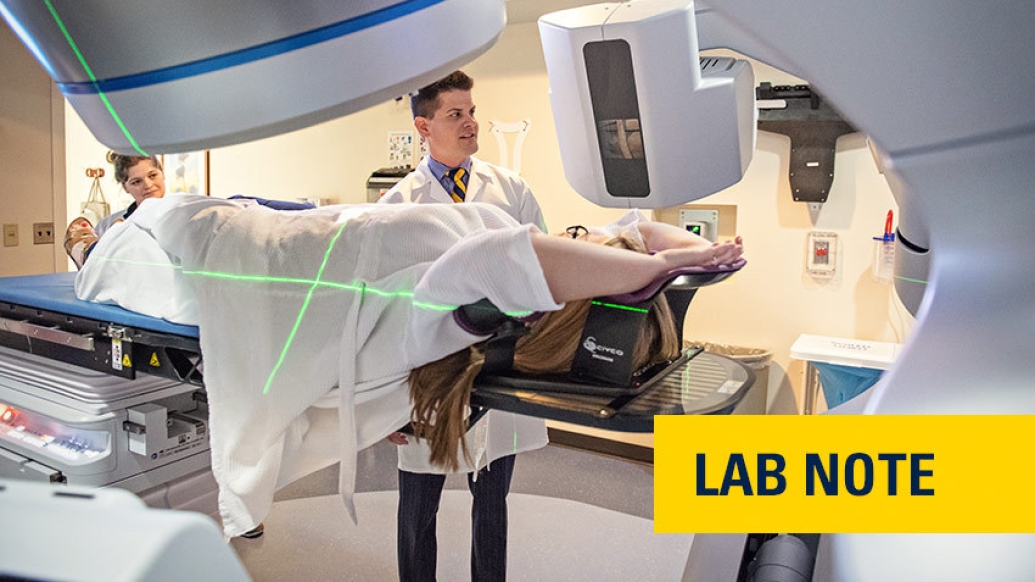The effort by the Michigan Radiation Oncology Quality Consortium reduced unnecessary medical procedures, and saved the time and resources of patients and families.
10:19 PM
Author |

An effort by the Michigan Radiation Oncology Quality Consortium reduced excessive radiation treatments for bone metastases by 80% at health care centers across the state, according to findings published in Practical Radiation Oncology.
The two-year project focused on reducing the use of extended-fraction radiation therapy to treat pain from incurable cancer that had spread to patients' bones. Once a standard practice, the American Society for Radiation Oncology has recommended against the routine use of extended-fraction radiation to relieve pain from bone metastases, especially more than 10 treatments.
"The goal was to save medical resources as well as reduce the burden on patients," said study first author Elizabeth Jaworski, M.D., a house officer in the Department of Radiation Oncology at U-M. "Patients and their loved ones may have to miss work to get these treatments. There may be travel costs, parking costs — it all adds up. And studies have found that getting more treatments isn't likely to lower their cancer pain any better."
The Michigan Radiation Oncology Quality Consortium, a collaborative quality initiative funded by Blue Cross Blue Shield of Michigan and the Blue Care Network, made a push across its member sites to reduce the procedures in 2018. By the fall of 2020, the use of extended-fraction for bone metastases fell from nearly 15% to just over 3% at 28 radiation facilities across the state.
More extended treatment was likely to happen at non-teaching hospitals and among physicians who had been practicing longer, the study of more than 1,400 patients found.
"We were very pleased to see this effort have such an impact in Michigan. In some parts of the country, use is still higher than 15%," said senior study author James Hayman, M.D., M.B.A., a radiation oncologist at U-M and co-director of the quality consortium. "And, while more than 10 treatments may be appropriate in rare cases, we're continuing to look at ways to reduce the overall number of treatments even further."
Paper cited: "Contemporary practice patterns for palliative radiotherapy of bone metastases: Impact of a quality improvement project on extended fractionation," Practical Radiation Oncology. DOI: 10.1016/j.prro.2021.05.002

Explore a variety of health care news & stories by visiting the Health Lab home page for more articles.

Department of Communication at Michigan Medicine
Want top health & research news weekly? Sign up for Health Lab’s newsletters today!




